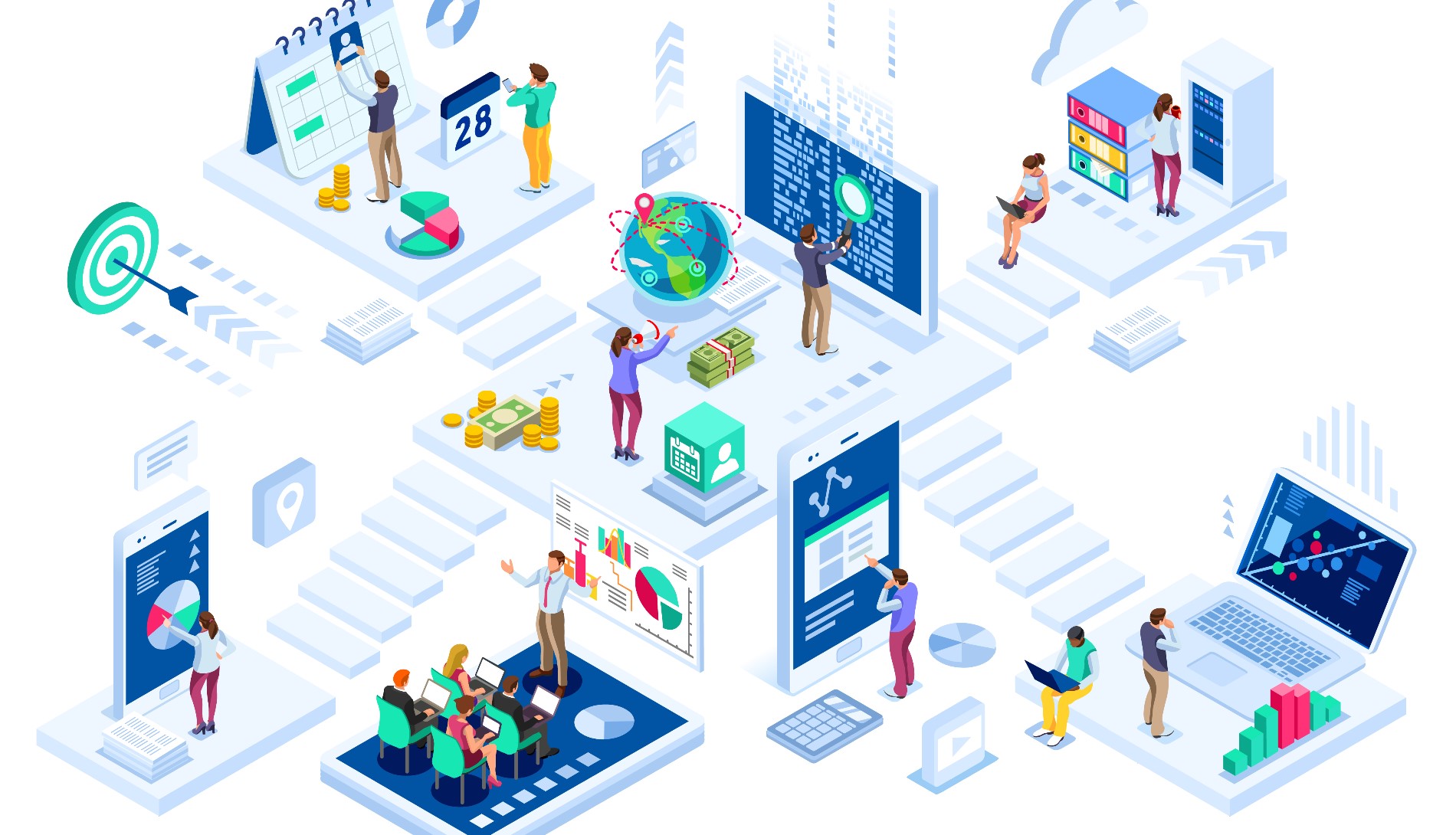Agile working, the Coronavirus pandemic and interaction between humans and machines all point towards fundamental shifts and challenges in the digital world of work.
In Germany, the Plattform Industrie 4.0, supported by the Ministry for Economic Affairs and Energy and the Ministry for Education and Research, has responded to these uncertainties with its Charter for Work and Learning in Industry 4.0. The Charter codifies the Plattform’s values, providing organisations and individuals with guidance on how to approach changes in the way we work and learn.
The Charter was presented on 13 April 2021 during the digital Hannover Messe 2021. Immediately afterwards, we discussed its content and implications with representatives of major trade unions in Germany, Italy and Poland.
Panelists:
Sandrine Cazes | Senior Economist, OECD
Julia Görlitz | Political Secretary, IG Metall (Germany)
Valentina Orazzini | Trade Unionist and Labour Organiser, FIOM CGIL (Italy)
Barbara Surdykowska | Labour Law Expert, Solidarnosc (Poland)
Host:
Matthias Rumpf | OECD Berlin Centre
Key points from the discussion:
The Charter codifies the Plattform’s values into four key principles:
- Working in industry 4.0 is characterized by the greater autonomy and participation of the workforce in change processes and by the preservation and cultivation of workers’ capacity to learn and act.
- Agile companies react flexibly and directly to the demands of the digital transformation. New forms of work and learning culture support workers in dealing successfully with the dynamics of industry 4.0.
- The participation of employees and their representatives contributes to more value creation, innovation and economic progress in companies. Social partnership in companies promotes employability and job security.
- New technologies have an impact on an innovative and competitive industry 4.0. They are to be used in a socially, ecologically and economically sustainable manner, having due regard to occupational health and safety.
The webinar panelists believe that the charter can inspire social dialogue and a debate about values at the European level. The ongoing transformation of our industries is a process that goes beyond borders. The more openly all stakeholders jointly discuss implications and priorities, the better the outcome will be.
A number of studies have proven the importance of social dialogue and collective bargaining for a functional labour market in a changing world of work. Social dialogue helps firms to adopt new technologies and new forms of work organization. Social dialogue and collective bargaining also help to shape rights in the world of work – such as the right to disconnect – or to build new rights – like the right to training.
Watch the discussion:

